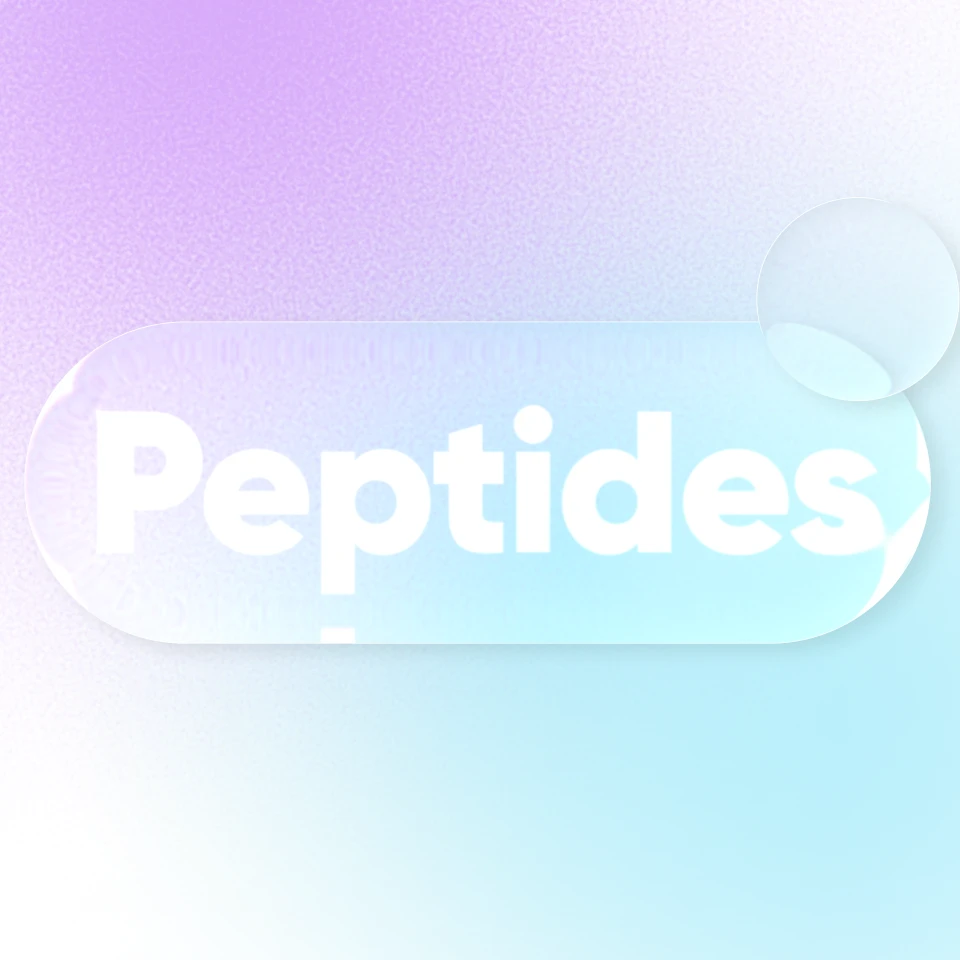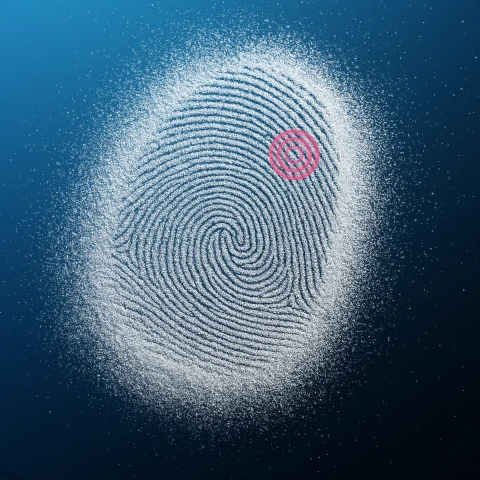Every day in every city of North America there is a person who goes for a $5000 executive health check up. They explain to the doctor that they have been stressed, eating poorly, not exercising, and not sleeping enough. The doctor suggests a comprehensive 5 hour physical with a stress echo, EKG, body fat analysis, DEXA scan and so on. At the end of the day the doctor tells them that their health could benefit from losing weight, exercising regularly and eating healthier, and sleeping more. The same factors which led to the health check up to begin with.
The problem with preventative health is that we are used to treating our illnesses once they have been made apparent. If you wake up in the morning and carefully observe yourself in the mirror, you are already on your way to learning what you would from a typical physical at your doctor’s office. Thus it comes as no surprise that most studies done on the benefits of a standard annual physical exam show that they do very little to improve our health and lifespan. So what do people really want to know about their health? What would make a perfect preventative health screen?
We have seen thousands of patients at Prenuvo who ask us hundreds of different questions about their health. But for the most part these tend to fall into one of the following three categories:
- Do I have cancer?
Most of our patients have a well-founded fear of cancer. The root of the fear may be a family history of cancer, a previous episode of cancer or simply a pain which has not been satisfactorily diagnosed by a doctor. According to cancer statistics, one in every two people will get cancer and a lack of symptoms means it is often diagnosed late, leading to poor outcomes.
The Prenuvo scan picks up solid tumors in the body extremely well – In fact much better than a CT, PET or standard MRI across the range of solid tumors you might have. The secret to our approach is our expertise at one particular MRI sequence called diffusion weighted imaging. This sequence has been shown to be highly discriminating of solid lesions anywhere in the body (see this article written by our own radiologist) and we are the only clinic to apply this in the context of whole body imaging. When combined with other sequences we can be highly accurate in determining if you have any solid lesion in your body and if that lesion is likely malignant or simply benign. It is game-changing technology. We are literally saving lives.
- Could my own medical health blindsight me?
It is very uncommon to find an aneurysm before it has burst. This is because most of us associate the condition, a ruptured aneurysm, with the cause, the aneurysm itself. Because aneurysms can grow slowly over a number of years, early detection can lead to some very simple medical interventions to ensure that they never burst.
There are a number of conditions like aneurysms that can be equally as serious and yet cause few or no symptoms. Conditions where simply knowledge of their existence, followed by treatment or management, can mean the difference between life and death.
Some of these conditions we are born with. For example, in one patient we recently discovered a rare horseshoe kidney. While this in itself isn’t a serious problem, it can complicate kidney stones and increase the risk of kidney cancer. In another patient, we recently diagnosed a syrinx, a problem that causes the spinal cord to separate and raise the risk of serious paralysis in the case of mild spinal injury.
- Do I have to start getting serious about looking after myself?
The human body has a lot of built-in redundancy. This means that we can lose a lot of organ function without it necessarily becoming apparent to us. We can survive and live a full life with one kidney, half a liver or one lung. It is only when we reach a point of no return, when the damage is extensive enough, that we suffer a precipitous and often irreversible decline in our health.
The most satisfying part of working with Prenuvo is providing people the chance to look inside their bodies and see what is really going on. Our MRI can see the subtle effects of genetics or lifestyle choices well before symptoms become obvious. We can see them in their early stages, before they become serious and irreversible.
There are hundreds of early warning signs. We look for liver damage in people who are not just heavy drinkers, we find fluid accumulation and inflammation in the lungs of people who are not always smokers, we find fatty liver disease in people who are fit and do not fall into an “overweight” stereotype.
Key takeaway. A picture can tell a thousand words and can drive us to action in a way that generic advice cannot!
Posted by Andrew Lacy
Founder & CEO





